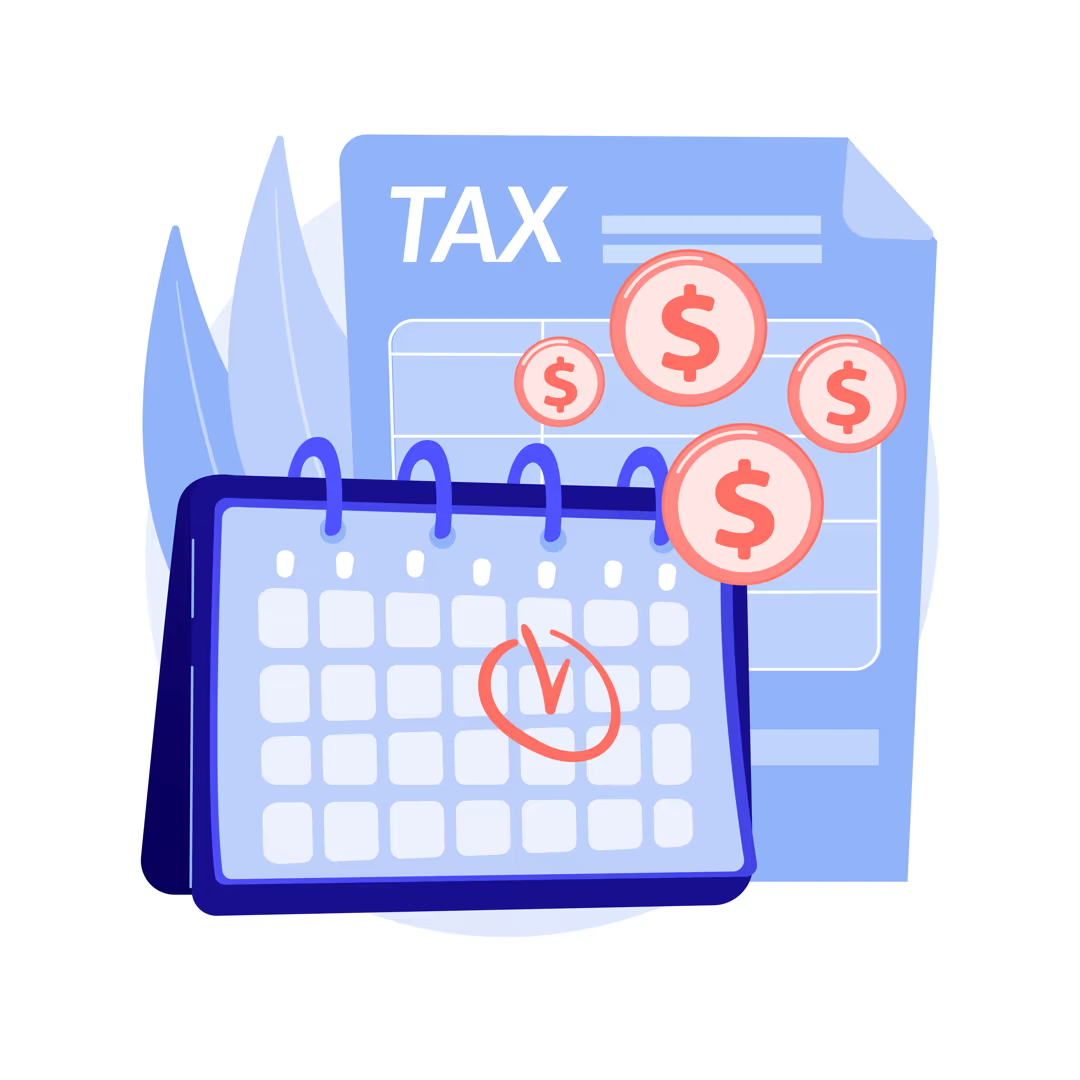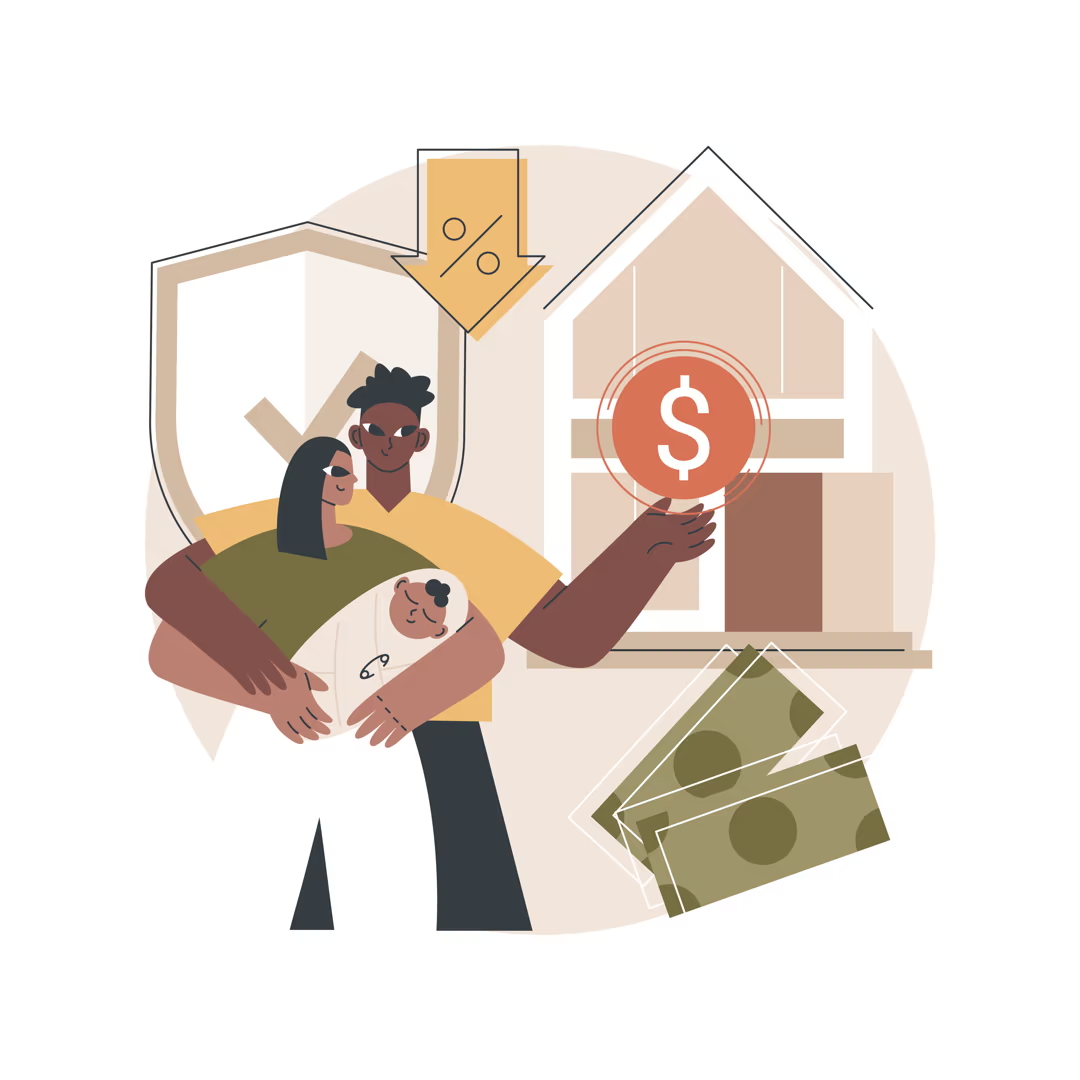Dealing with tax delinquency can be a daunting experience for homeowners. If you’re facing such a situation, it’s crucial to understand the implications, especially concerning your property. In this comprehensive guide, we’ll explore the question, “What happens to my house if I am tax delinquent?” By providing a clear understanding of the process and your options, we aim to empower you to make informed decisions and potentially protect your asset.
Understanding Tax Delinquency

Definition and Causes
1. Tax delinquency occurs when a homeowner fails to pay their property taxes by the specified due date. This situation often arises from various challenges, such as financial hardship, mismanagement of funds, or simply forgetting the deadline. Understanding tax delinquency’s basics is crucial because it sets the stage for the potential repercussions and actions that a homeowner may face.
2. The initial fallout of tax delinquency typically involves accruing late fees and penalties, adding to the original tax owed. These financial penalties can escalate quickly, burdening the homeowner with a significantly higher debt than the original tax amount. Moreover, the unpaid taxes often attract interest, further increasing the financial strain. This early stage of tax delinquency is critical as it can lead to more severe consequences if not addressed promptly.
Initial Consequences
1. Late fees and penalties are often the first consequence.
2. The accumulation of interest on the unpaid amount.
The Impact on Your Home

Tax Liens
One of the most significant consequences of tax delinquency is the imposition of a tax lien. A tax lien is a legal claim against a property, filed by the government, to secure the payment of outstanding property taxes. This lien can severely impact a homeowner’s ability to sell or refinance their home since it must be paid off before any sale or refinancing can proceed. Tax liens can remain attached to a property until the debt is fully paid or until they expire, which varies by state.
1. Definition: A legal claim by a government entity against your property due to unpaid taxes.
2. How it affects your property: It can hinder your ability to sell or refinance your home.
Tax Sales
If property taxes remain unpaid, local governments may resort to a tax sale to recover the owed taxes. There are two primary types of tax sales: tax lien sales and tax deed sales. In a tax lien sale, the government sells the lien on the property to an investor, who then has the right to collect the debt plus interest from the homeowner. In a tax deed sale, the government sells the property itself to recoup the unpaid taxes. Both scenarios can lead to homeowners potentially losing their property if they fail to pay the taxes owed.
1. Process Overview: When tax debts remain unpaid, local governments may sell the property to recover owed taxes.
2. Types of Tax Sales:
a. Tax Lien Sales: Selling the lien for the tax debt.
b. Tax Deed Sales: Selling the property outright.
Navigating the Process
Communication with Tax Authorities
1. Importance of proactive communication.
2. Potential for negotiation and payment plans.
Seeking Professional Help
1. Tax Attorneys and Accountants: Their role in guiding you through the process.
2. Real Estate Experts: Understanding the market and your options, including selling your home.
Exploring Solutions: Selling Your Home

When to Consider Selling
Selling a home may become a consideration for homeowners struggling with tax delinquency, especially if it’s unlikely that they can settle their tax debts in the near future. This decision requires a careful assessment of their financial situation and the viability of selling the property as a solution. Homeowners should evaluate the current real estate market, the amount of equity in their home, and whether the proceeds from the sale would sufficiently cover their tax debts and related costs.
1. Assessing your financial situation.
2. Evaluating if selling is a viable solution to resolve tax delinquency.
The Process of Selling a Tax-Delinquent Home
The process of selling a tax-delinquent home involves several unique considerations. Working with real estate professionals who have experience in dealing with such situations can be beneficial. They can provide insight into the market, help set a realistic price, and navigate the complexities of selling a property with a tax lien. Additionally, homeowners may explore fast-cash options, where companies or investors make cash offers for homes in tax delinquency. While this can be a quick solution, it’s essential to understand the potential trade-offs, such as receiving less than market value.
1. Working with Real Estate Professionals: Benefits and considerations.
2. Fast-Cash Options: Understanding cash offers for homes in tax delinquency.
Addressing tax delinquency is a challenging situation, but it’s crucial to stay informed and explore all available options. Whether it’s negotiating with tax authorities or considering the sale of your home, understanding the implications and processes can provide a pathway to resolving these issues.

External Links CSV:
- IRS – Understanding Your IRS Notice or Letter: IRS Website
- National Tax Lien Association – About Tax Liens: NTLA Website
- Investopedia – What Is a Tax Lien: Investopedia Article
- NOLO – Handling a Tax Sale of Your Property: NOLO Article
- Realtor.com – Selling Your Home to Pay Off Tax Debts: Realtor.com Article